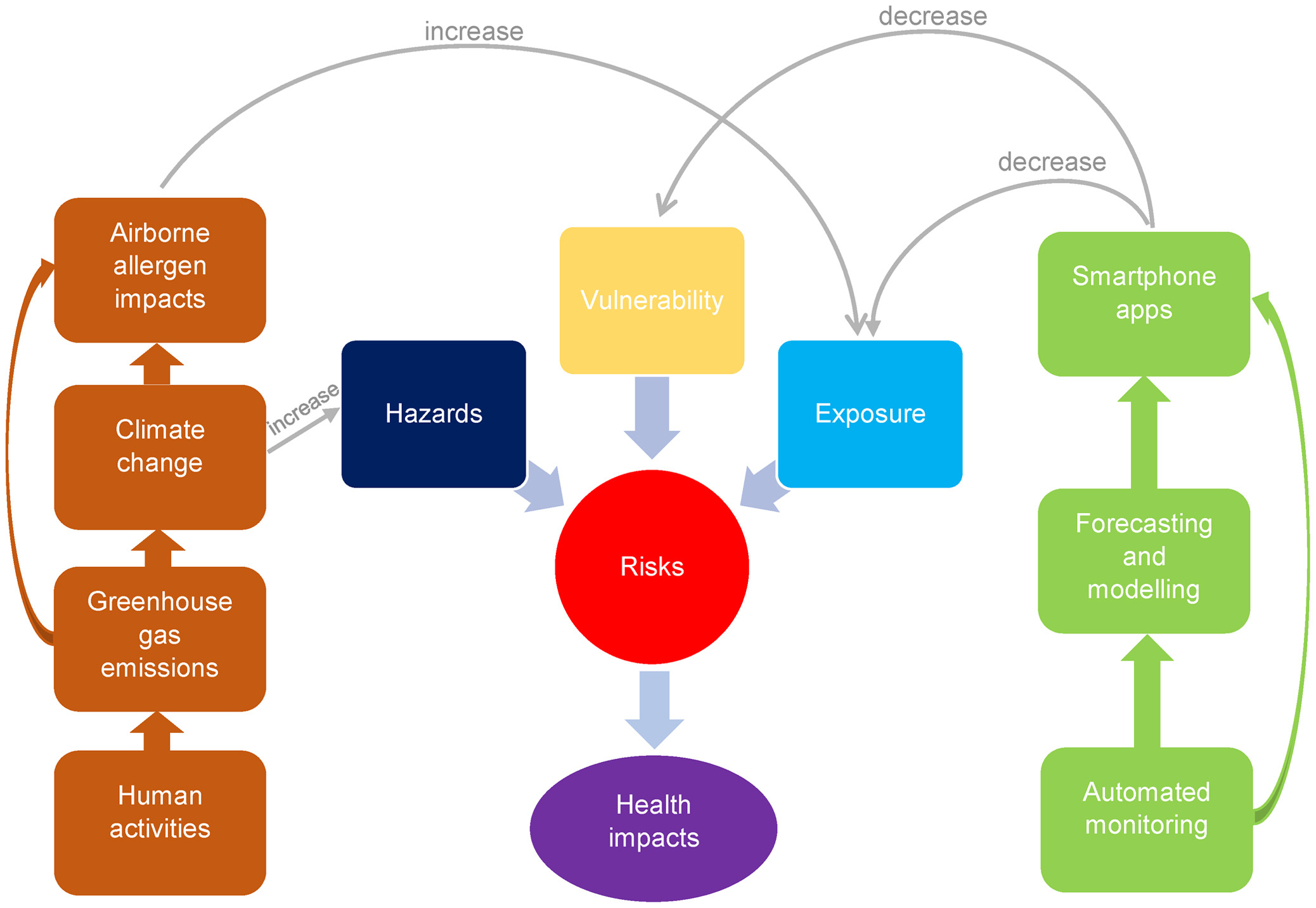Elsevier,
Patterns, Volume 4, Issue 7, 2023, 100790, ISSN 2666-3899,
This Perspective explores the sources of bias in medical machine learning, and how these can contribute to unequal performance, for example for women. The authors discuss methods for mitigating bias, hopefully leading to more equitable use of machine learning in healthcare.
Elsevier,
Kidney International, Volume 104, July 2023
Water is a dwindling natural resource, and potable water is wrongly considered an unlimited resource. This review seeks to support policymakers in making informed decisions about water use, avoiding wasting, and finding solutions that may be planet friendly and patient friendly in dialysis, especially in hemodialysis treatments.
Elsevier,
The Lancet Healthy Longevity, Volume 4, July 2023
This Article supports Sustainable Development Goal 3 by assessing the impact of physical activity and sleep on 10-year cognitive decline in older people. They showed that the cognitive benefits associated with increased activity were not enough to ameliorate decline associated with short sleep.
Elsevier,
Women's Studies International Forum, Volume 99, 1 July 2023
In this study, the authors use topic modeling and critical discourse analysis to answer this question: what are the most significant topics of discussion within the Colombian feminist movement on Twitter during the COVID-19 pandemic?
Elsevier,
The Lancet Regional Health - Western Pacific, Volume 36, July 2023
This Article supports SDGs 3 and 13 by comprehensively assessing the future out-of-hospital cardiac arrest morbidity burden related to non-optimal temperatures, heatwaves, and cold spells in Northern China under different climate change scenarios.
Elsevier,
eBioMedicine, Volume 93, July 2023
This Review supports SDGs 3 and 13 by summarising the available literature on the impacts of climate change on airborne allergens and allergic respiratory diseases, with a focus on recent developments. The authors also focus on three translational mitigation approaches that may lead to improved health outcomes: automated real-time airborne allergen monitoring, airborne allergen forecasting and modelling, and smartphone apps for mitigating the health impacts of airborne allergens.


